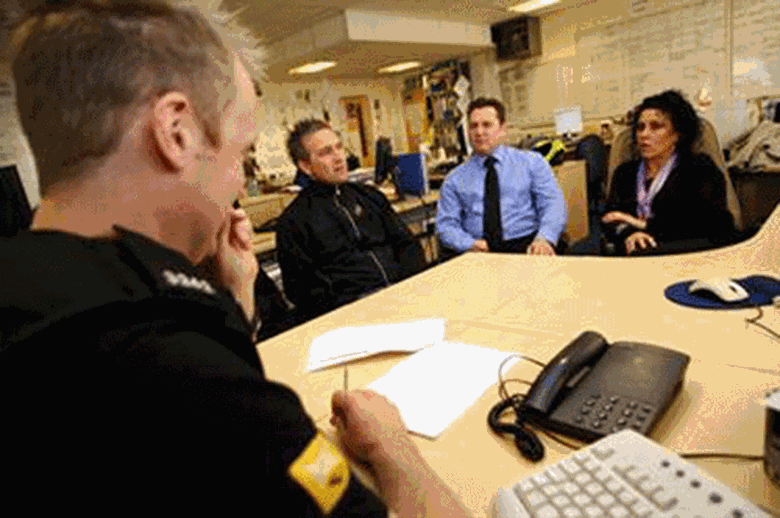Youth offending team and university partnership unveiled
Neil Puffett
Friday, August 10, 2012
A partnership between a youth offending team (YOT) and university has been launched to improve services for young people, in a move that could pave the way for similar arrangements elsewhere in England and Wales.

Newcastle YOT and the department of social sciences at Northumbria University have teamed up on a number of areas of work including a mentoring project and an evaluation of local youth offending work.
Through the mentoring scheme, selected criminology students receive training in child protection, safeguarding and youth justice before working as mentors to young people on community orders.
Meanwhile students have conducted service user feedback questionnaires at YOT projects and carried out wider research into the effectiveness of YOT activities.
The university has also been commissioned to evaluate critical areas of work, in order to shape practice and support funding applications.
Sarah Soppitt, senior lecturer in criminology at the university, said the YOT has been working informally with the university for four years, but the signing of a memorandum of understanding has formalised the process.
Previously completed evaluation work has helped improve practice, measure results and calculate the potential savings linked to work, leading to continued investment in services, she added.
“We are constantly looking to every area of practice to see how we can evaluate it. We have looked at programmes and their saving to the community, other agencies and the criminal justice system and have been able to demonstrate what the savings could be," she said.
"That has allowed the YOT to lever in additional resources. It’s quite a ground-breaking way of working."
Tim Bateman, criminologist at the University of Bedfordshire said the model could be one that appeals to other YOTs.
“There’s an awful lot to be said for a local university evaluating services in terms of understanding the local context, getting to know the staff and the organisation as well," he said.
"If you have a close relationship with those evaluating your service that obviously means that in some respects the information that researchers get can be more reliable because staff don’t feel they are under scrutiny in quite the same way.
"But evaluators need to be in a position where they are sufficiently independent to be able to criticise as well."




